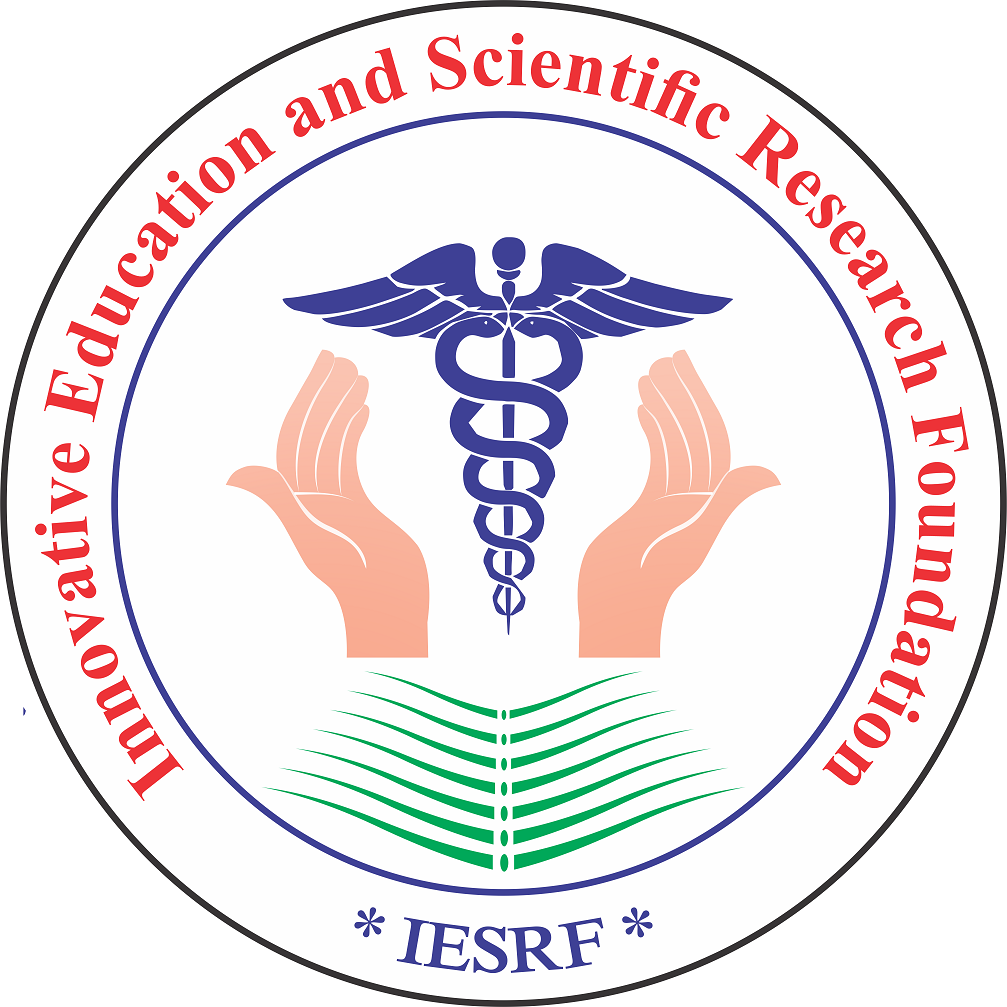Background: Pre-eclampsia is a serious condition characterised by BP > 140/90 mmHg with signs of organ damage. It can lead to considerable morbidity and mortality and therefore needs to be identified early and treated promptly.
Aims and Objectives: To understand the gap in knowledge, attitude and practice among OBG specialists, junior residents and Primary care providers treating women with preeclampsia.
Materials and Methods: This was a questionnaire-based survey of OBG specialists, residents and Primary Care Providers using a set of 28 predetermined MCQ type questions.
Results: 45.4% of the respondents said the prevalence was 5-10% and 44% said morbidity was 5-15%. 68.1% identified Aspirin as the recommended drug for prophylaxis while 25.6% and 68.1% chose the dose of 81mg and 150mg respectively. 76.3% identified 140/90 mmHg as BP cut-off and 25.6% said proteinuria was not essential for diagnosis of pre-eclampsia. 93.2% of the respondents regularly screened patients for pre-eclampsia through history. 57.8% regularly prescribe anti-hypertensives. 78.3% consider pre-eclampsia a serious diagnosis and 62.8% prefer Paracetamol for analgesia.
Conclusion: This KAP study identifies the gaps in knowledge, attitudes and practices prevalent in Mysore, a tier two city in South India with respect to preeclampsia, and could serve as a starting point for education and empowerment of health workers in screening, diagnosis and management of preeclampsia.
Keywords: Preeclampsia, KAP, Survey, Questionairre, Magnesium sulphate.
